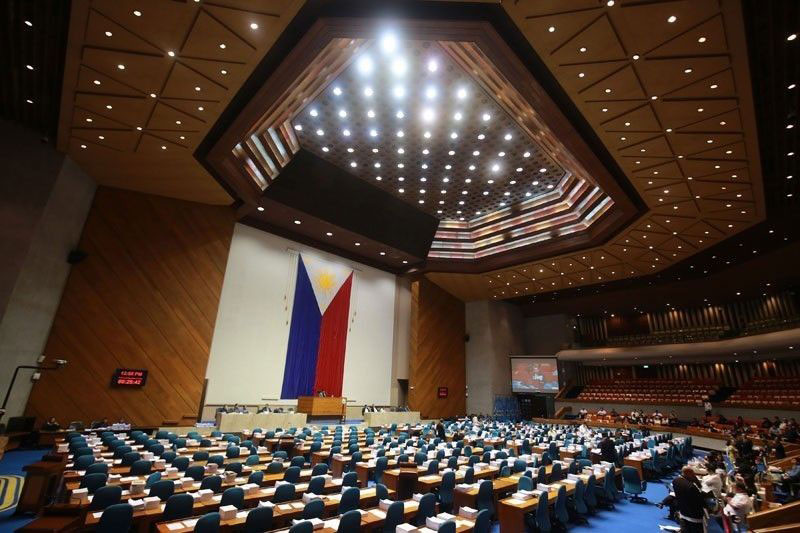Bill tapping GOCCs for unfunded budget items approved by House

THE House of Representatives on Wednesday approved on third reading a bill that would allow the government to tap state-run corporations in funding unprogrammed appropriations.
With 292 affirmative votes, four negative votes, and two abstentions, legislators approved amendments to Republic Act No. 11936 or the 2023 national budget.
House Bill No. 9513 seeks to outline the conditions for financing unfunded budget items.
“In order to further assist the National Government’s requirements and fund much needed unprogrammed projects instead of burdening the National Government with more foreign loans, these government corporations can readily provide the necessary funds for the aforesaid purposes,” Albay Rep. Jose Ma. Clemente S. Salceda said in House Bill No. 9513.
Under the measure, “funds of government-owned or -controlled corporations (GOCCs) determined to be in excess of their current administrative and operational expenses, benefit obligations or reserve requirements” may be allocated to unfunded budget items.
The bill also seeks to use revenue from tax or non-tax sources in excess of the agencies’ collection targets to fund unprogrammed appropriations.
Assistant Minority Leader and Party-list Rep. Arlene D. Brosas, one of the legislators who voted against the measure, said the bill could only “expand the pork barrel system.”
“The proposal to source funds from excess GOCC revenue raises concerns about the direction of GOCCs and the potential intensification of profit-based fund sourcing at the expense of social services and the welfare of ordinary Filipinos,” she told the plenary.
The government must instead seek to increase the funding of agencies engaged in direct social services, according to Ms. Brosas.
Camarines Sur Rep. Gabriel H. Bordado, Jr. said he abstained from voting as “several pressing issues affecting the lives of people have yet to be fully addressed.”
John Paolo R. Rivera, president and chief economist at Oikonomia Advisory & Research, Inc., said the measure would allow unused or idle funds to be productive.
“However, this potential has to be matched with accountability,” Mr. Rivera said in a Viber message. “Without accountability, doing this might create more leakages than benefits.”
“That plan is okay if the funds in mind are the dividends of the GOCCs… those funds go to National Government for eventual allocation and appropriation,” Enrico P. Villanueva, a senior lecturer at the University of the Philippines Los Baños Economics department, said via X (formerly Twitter) message.
“It is a different story if they force contributions again from GOCCs the way they did with the GFIs (government financial institutions) to fund MIF (Maharlika Investment Fund),” Mr. Villanueva said citing the older provisions of the MIF law that gained backlash.
Budget Secretary Amenah F. Pangandaman said in October that the obligation and disbursement of government agencies’ maintenance and other operating expenses and capital outlays are extended until the end of 2024. The extension was done after changes were made on the guidelines on the validity of unprogrammed appropriations. — Beatriz Marie D. Cruz



